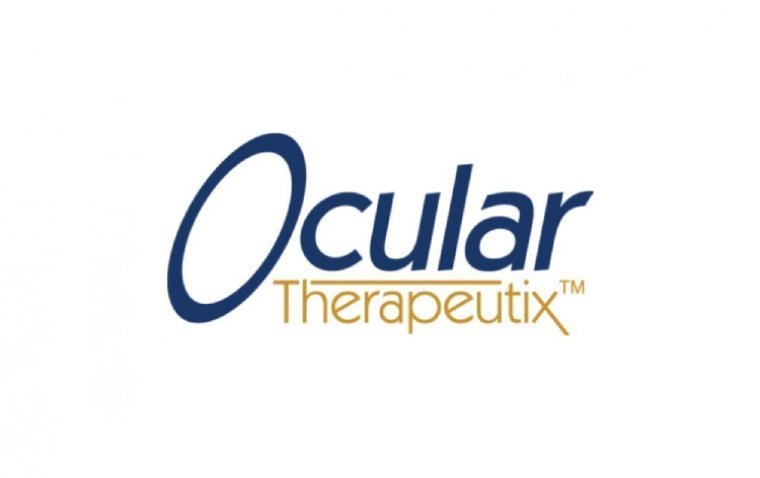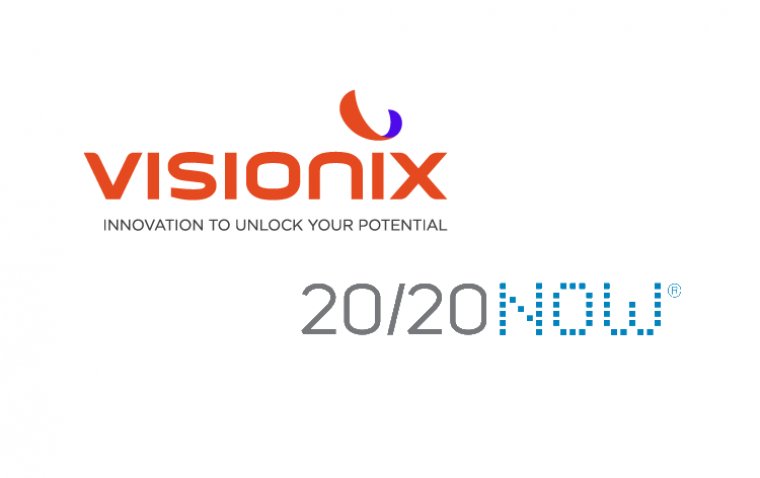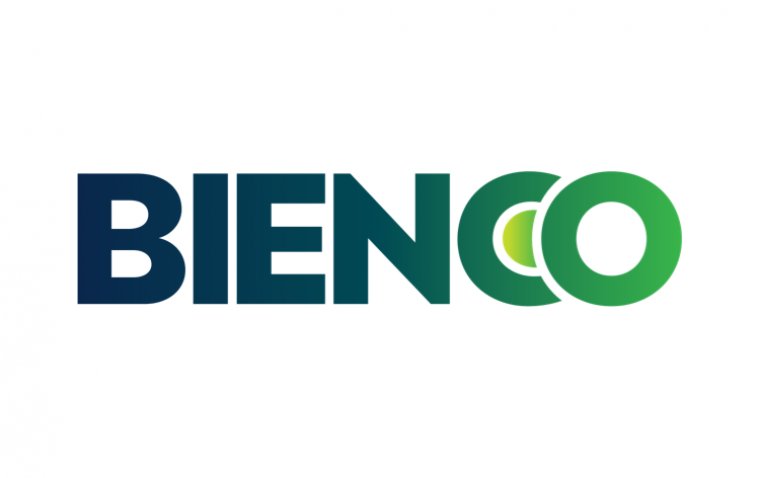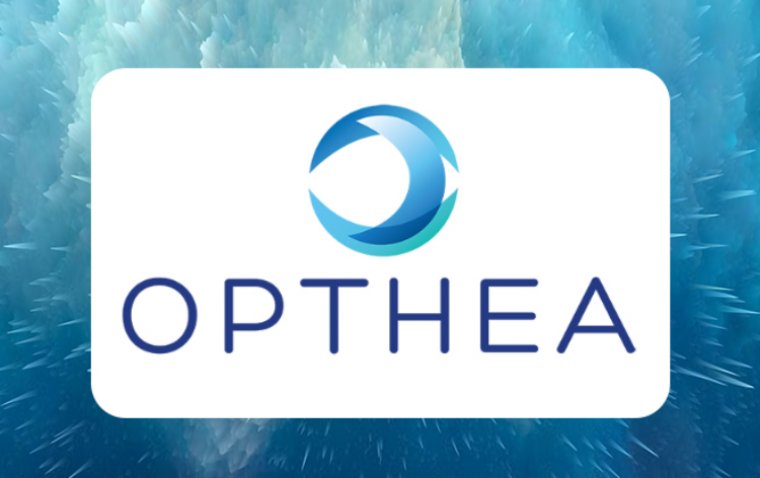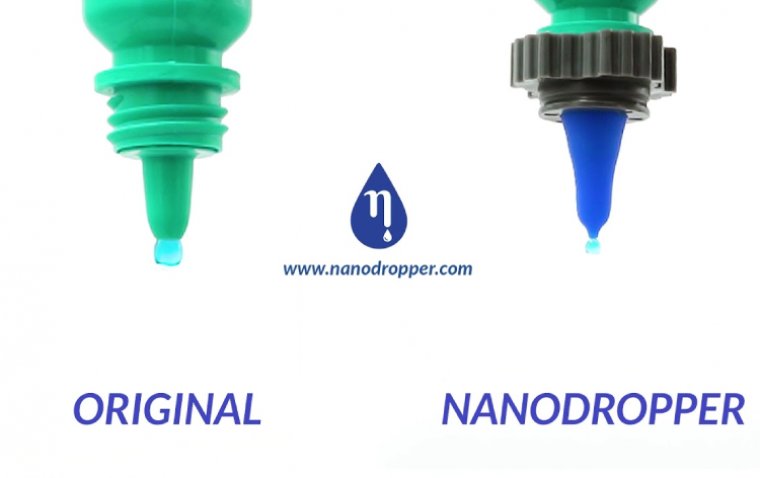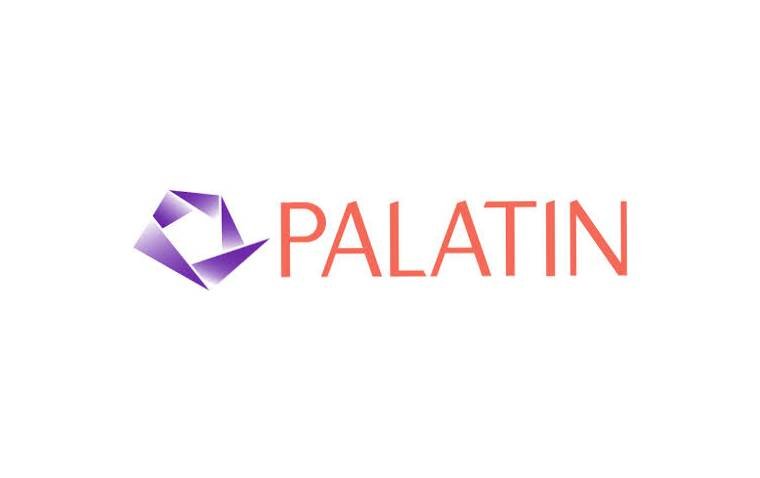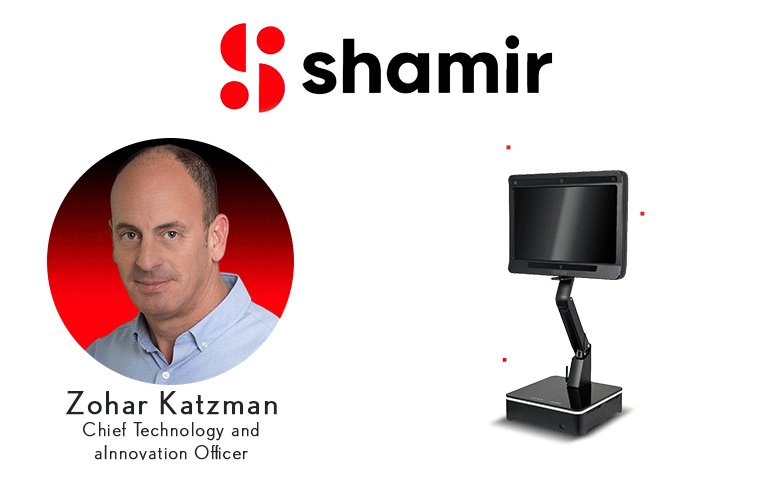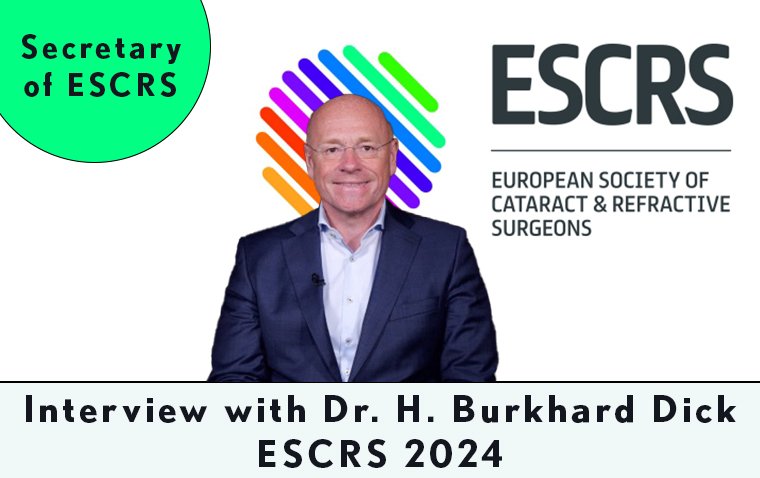
ESCRS 2024: Insights From Ophthalmic Leaders with Dr. H. Burkhard Dick
H. Burkhard Dick, M.D., Ph.D., FEBOS-CR, an influential figure in ophthalmology, was born in the small town of Brake in Northern Germany. After completing his secondary education, he served as a medical officer for two years with Germany's NATO forces. He then pursued his medical studies at the University of Giessen, a city notable for its strong American presence during the Cold War. He graduated in 1990, a significant year that saw German unification, which transformed Giessen from a bordertown at the edge of the Iron Curtain to the geographical center of a reunified Germany.
In 1995, Dr. Dick became the head physician at the University Eye Hospital, marking the beginning of his esteemed career. He later moved to the Eye Hospital of the University of Mainz, named after the city's most famous figure, Johannes Gutenberg. During his tenure there, he specialized in refractive and cataract surgery, becoming the head of the hospital's Refractive Surgical Eye Care Center in 1997. His growing reputation in the field led to a clinical professorship in Mainz.
In 2006, Dr. Dick accepted an offer from the University of Bochum to lead its Eye Clinic and Eye Research Center. Under his leadership, the Bochum University Eye Clinic has gained international recognition for its high-quality research and clinical studies, many of which have been published in leading journals such as the Journal of Cataract and Refractive Surgery and the Journal of Refractive Surgery.
Dr. Dick was one of the first ophthalmic surgeons in Europe to utilize femtosecond laser technology in cataract surgery. To date, he has performed nearly 12,000 surgeries using this advanced technique in Bochum.
For his groundbreaking contributions to ophthalmology, Dr. Dick has received numerous prestigious awards, including the Choyce Medal from the British Ophthalmological Society, the Gold Medal Award from the Australian Society for Cataract and Refractive Surgery, the Waring Medal from the Journal of Refractive Surgery, and most recently, the Visionary Award from the American-European Congress of Ophthalmic Surgery (AECOS).
Currently, Dr. Dick serves as the Treasurer of the German Society of Cataract, Refractive and Interventional Surgery (DGII), following his four-year term as the society's President from 2016 to 2020. He is a sought-after speaker at international conferences such as the AAO, DOG, DOC, DGII, ESCRS, APAO, and ASCRS. Additionally, he has trained fellows from 44 different countries in advanced cataract, refractive, glaucoma, and vitreoretinal surgery at the University Eye Hospital Bochum.
Interview with Burkhard Dick
Q1: As the chair of a session at iNovation Day during ESCRS 2024, titled "Digital Workflow: From Diagnostics to the Operating Room" what are the key issues you hope to address regarding the barriers in ophthalmic care?
There is no doubt in any of the participants' mind that there is breathtaking potential in the digitalization of the office as well as of the operating room. Think alone of the optimization of cataract surgery, using all our measurements as well as the relevant formulas, accessing all biometric and OCT data in the OR (Operation Room) whenever we need it. All the data is converged into one single screen, also avoiding safety concerns due to the use of potentially harmful USB flash drives.
Another topic is surgical simulation. This technology will revolutionize training - it already has as evidenced by the high demand for the ESCRS Simulator, currently based in Spain, proves - and make it more accessible to aspiring surgeons. There will be - see my answer to question 3 - a widening gap between the demand for ophthalmic care (and especially surgical care) and the number of providers. Making training more accessible may help to increase the number of ophthalmic surgeons. And also their abilities.
It will be essential for the progress of this key technology to overcome cost and accessibility barriers.
To be as cost effective as possible, it is necessary to gradually adjust your set-up, without any undue hectic and stress that will leave the people you depend upon behind. Feedback from your patients and staff is also very useful for this task, helping you to improve and optimise. Naturally, the learning curve will pose a psychological barrier. But as an innovative eye care provider, you should not fear the challenges that come with keeping up to date with the latest technologies.
Q2: In your experience, what are the current limitations or opportunities for integrating AI and surgical simulation into mainstream ophthalmology practices?
There is, and always has been, a certain reluctance to embrace new technology. This is even more true when the entire way of practising ophthalmology and treating patients seems to be uprooted. It is essential that your staff are carefully trained and given the opportunity to properly adapt to new technologies - and a whole new way of doing their job. There needs to be a careful introduction, not a leap into the dark unknown.
As always in medicine today, and I suspect in the future, reimbursement will be a big issue. Digitising your practice and clinic is a huge investment and will only be done if a break-even point is within reach within a reasonable timeframe.
It is important to educate yourself and take a step-by-step approach, starting with budgeting for basic digital tools such as a health record system, digital map processing and scheduling software to improve data management and patient coordination. You should also look at your infrastructure and find IT that can protect you from potential cyber-attacks - especially during surgical procedures.
Whatever the limitations and hurdles, digitisation and the use of AI is a remarkable advance in ophthalmology, a giant leap that will determine how we work and how we treat our patients for probably the rest of our professional lives.
Q3: With advancements in telemedicine, how do you envision the role of remote consultations in ophthalmology practice evolving?
The number of patients needing eye care continues to grow, largely due to the ageing population - and the major eye diseases, such as cataract, AMD and glaucoma, are highly age-dependent. The number of well-trained doctors and surgeons is not growing at the same rate. In some countries, it's not increasing at all. This not only provides an opportunity for telemedicine to become established, it makes it inevitable. Another positive factor is that more and more elderly patients are comfortable with modern technology: they consult "Dr Google" and are willing to see their doctor on a screen without leaving home. On the doctor's side, one problem remains: it is still time spent with the patient, and it still takes effort and time. Are societies and insurers ready to recognise this new way of seeing and advising patients?
Q4: Are there specific areas of research or innovation that you believe will significantly impact the field in the next decade?
One critical area that will be addressed, and which has often proven to be a major challenge for the cataract surgeon, is the selection of the right IOL for patients with prior corneal refractive surgery. We will have to find ways to properly identify the extent and consequences of this surgery, which may have been performed decades ago. And we will need to properly estimate the refractive power of such a pre-treated cornea and perform an appropriate IOL power calculation - no doubt using AI. It will be my privilege to chair a research symposium with Damien Gatinel to address these challenges.
Equally fascinating will be new approaches to predicting and simulating post-operative visual function. Machine learning models will be essential in answering perhaps the oldest question ophthalmic surgery patients ask their surgeons: How well will I see? And with the stimulation of photic phenomena - Grzegorz Labuz from Heidelberg will describe this - we can also answer questions about the side effects of modern premium IOLs.
Q5: As an influential figure in global ophthalmology, how do you stay informed about emerging trends and technologies in the field? Are there specific resources or forums that you find particularly valuable for staying updated?
Beyond the traditional ways of keeping up with the latest developments, such as journals and meetings, there are networks and forums frequented by specialists that have proven to be extremely valuable, such as LinkedIn and YouTube. And yet: it must be emphasised that nothing beats face-to-face interaction - and that is exactly what ESCRS 2024, and iNovation Day in particular, is all about. There is no other event that brings together such a diverse and distinguished group of inventors, investors and surgeons.
Q6: What role do you believe iNovation Day plays in complementing ESCRS 2024, and how do you see it contributing to the advancement of ophthalmology?
At our 2024 meeting in Barcelona, the iNovation Day - which in the last two years has grown from an insider tip to a much sought-after highlight of the congress, with far more applicants than there is space - will cover a wide range of topics, including the opportunities of digitalisation in the OR (Operation Room) and in practice, as well as the challenges of implementation. We will have presentations on advances ranging from new devices to new drugs. Digitalisation is one aspect, albeit an important one. But there will also be discussions about where MIGS is going in the foreseeable future. New technologies in refractive surgery will expand our options and, most likely, new patient demographics that have been reluctant to undergo refractive surgery.
Our iNovation Day on Friday will therefore complement the other sessions in Barcelona by providing a link between the current state of ophthalmic surgery and - despite all the challenges - a bright future.
(1).jpg)
